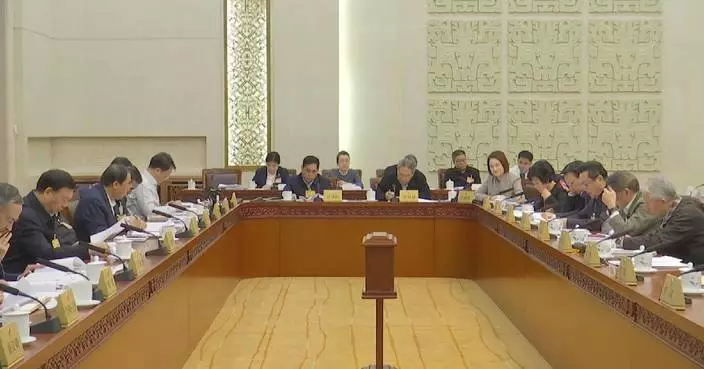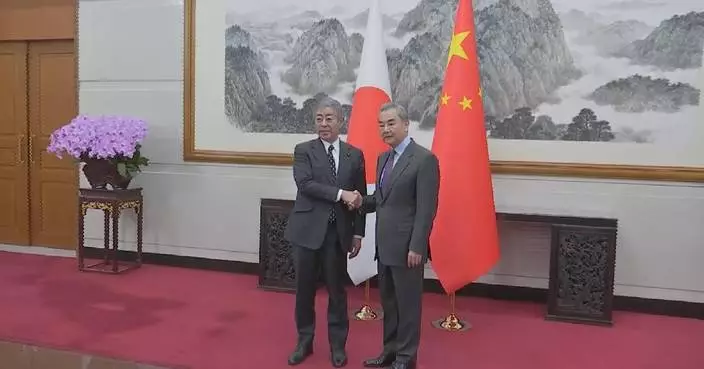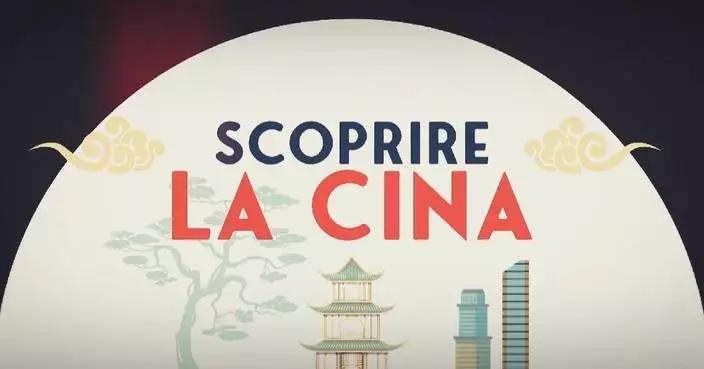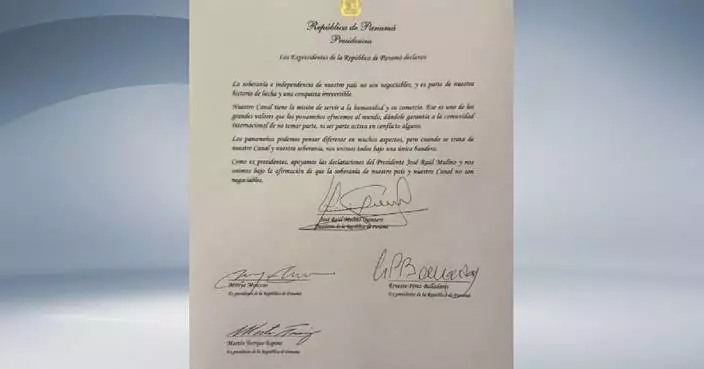The Global Operational Network of Anti-Corruption Law Enforcement Authorities (the GlobE Network) concluded its plenary meeting in Beijing on Friday, with a consensus on anti-corruption law enforcement cooperation approved at the meeting.
The Beijing Consensus on Law Enforcement Cooperation and Denial of Safe Haven for Corruption was passed during a high-level forum of the four-day meeting.
The consensus reiterates the GlobE Network's zero-tolerance against corruption and pledges respect for sovereign equality and differences in laws. It aims to promote anti-corruption law enforcement cooperation to prevent and combat corruption with concerted efforts. "The great differences in political systems and legal systems among countries have posed great difficulties and challenges for carrying out anti-corruption law enforcement cooperation. The Beijing Consensus proposes to establish a secure and encrypted information sharing platform which can promote information sharing while ensuring national security and personal privacy, thus playing a very important role in cracking down on transnational organized crimes," said Guo Yong, dean of the Institute of Discipline Inspection and Supervision of Tsinghua University.
China has organized the "Sky Net" operation for ten consecutive years hunting down corruption suspects who have fled abroad, using extradition, repatriation, and other methods to repatriate more than 13,000 fugitives from over 120 countries and regions, and recovered 63.1 billion yuan (about 9 billion U.S. dollars) in illicit funds.
Currently, China has concluded more than 170 extradition treaties, judicial assistance treaties, and asset return and sharing agreements with more than 80 countries, and signed financial intelligence exchange and cooperation agreements with more than 60 countries and regions.
The National Commission of Supervision of China has also established working contacts with anti-corruption agencies of more than 100 countries, and has promoted bilateral law enforcement agency cooperation mechanisms through high-level leadership exchanges.
Established in 2021, the GlobE Network is the world's most represented anti-corruption law enforcement cooperation platform.
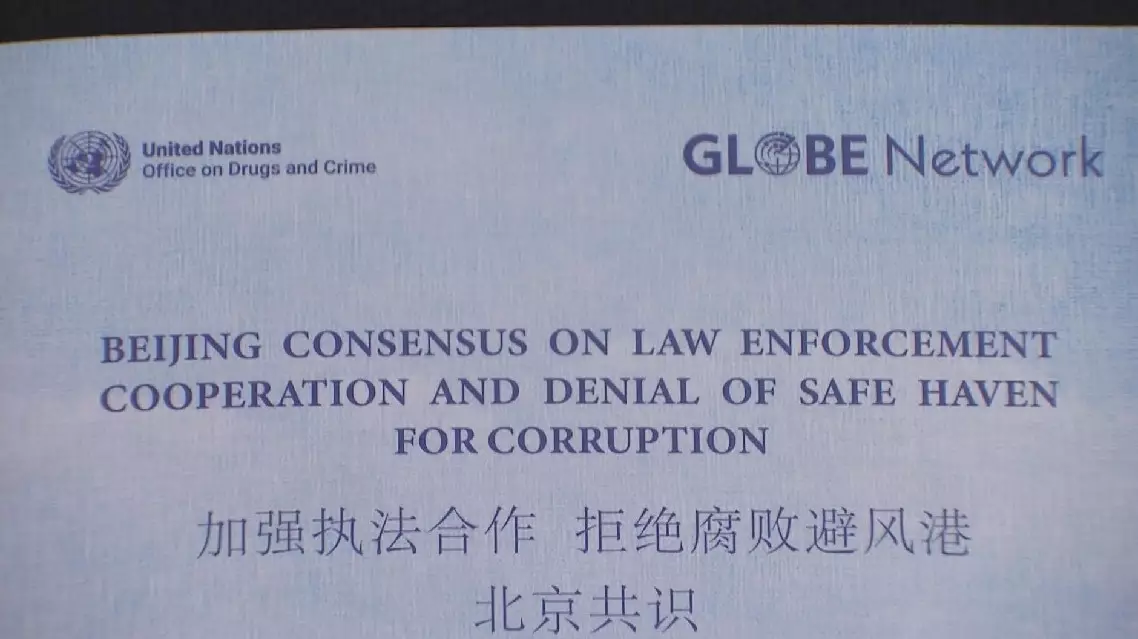
Anti-corruption body GlobE Network passes Beijing consensus
As Japanese automakers Honda and Nissan have entered into official talks to pursue a merger, a Japanese expert cautioned that the future of the merger plan remains to be seen.
In an interview with the China Central Television on Tuesday, Osanai Atsushi, a professor from the Graduate School of Business and Finance, Waseda University, shared his insights about the merger, saying that the merger plan might be a last resort.
"Honda is seeking operational integration with cooperation partners to increase its production ability, and Nissan is an excellent choice. And for Nissan, there is no better cooperation partner than Honda. So, Nissan has no choice but to accept Honda's conditions, such as designating the president," said Osanai.
With the merger, the two sides are expecting to promote their research and development capacity, cultivate and attract talents in smart vehicles and New Energy Vehicles (NEVs) sectors, and improve management, according to Osanai.
"For the strategy of Honda and Nissan, the short-term goal is to promote its compatibility in the field of hybrid cars, and for the long term, the two companies plan to invest in NEVs with profits of hybrid cars. I believe that there will be the two phases to the strategy," said Osanai.
However, the two companies do not fully share a complementarity regarding their technologies, and it is still to be seen whether they can find a way out of their troublesome situation through the merger, said Osanai.
"In the short term, the precondition of a successful merger is to boost the management status of Nissan. If Nissan fails to revitalize in the short term, it will be a burden for Honda, and will lead to further demerits and risks for the merger. It makes no difference to only bring Honda and Nissan under one company and make no changes," said Osanai.
In addition to Honda and Nissan, another world-class Japanese automaker, Mitsubishi, has also confirmed to participate in the merger talks. According to local media, if the merger goes smoothly, the new company will be the third largest automaker in the world, only after Toyota and Volkswagen.
"Japan's automobile industry will be divided into two major groups, centered by Toyota and Honda-Nissan, respectively. Especially regarding the transition towards NEV, the power of capital is vital, and smaller companies can hardly sustain. Merger should be the future trend of development," said Osanai.
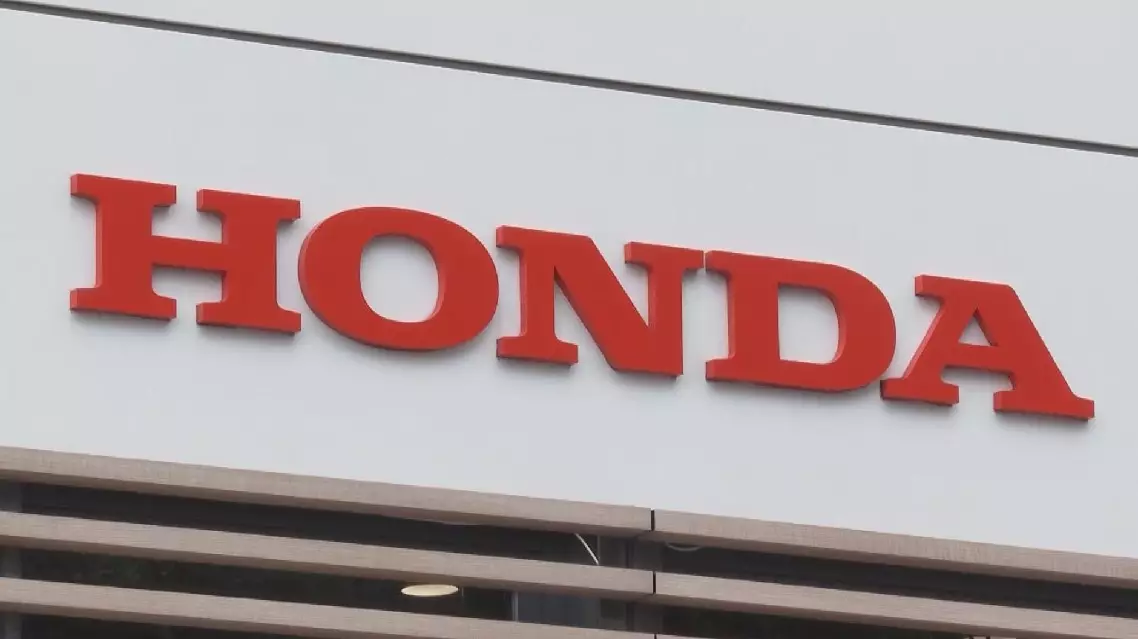
Future of Honda, Nissan merger remains unclear: expert





